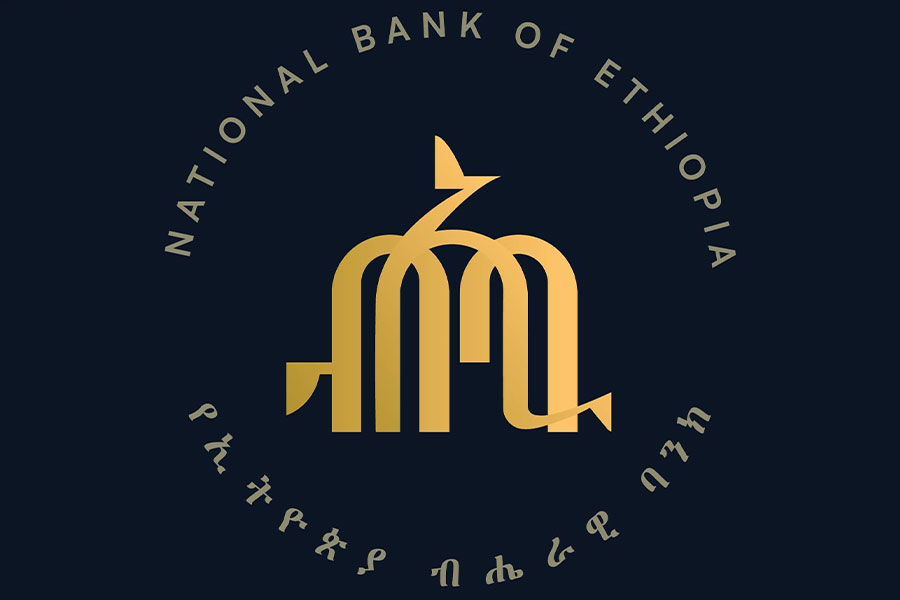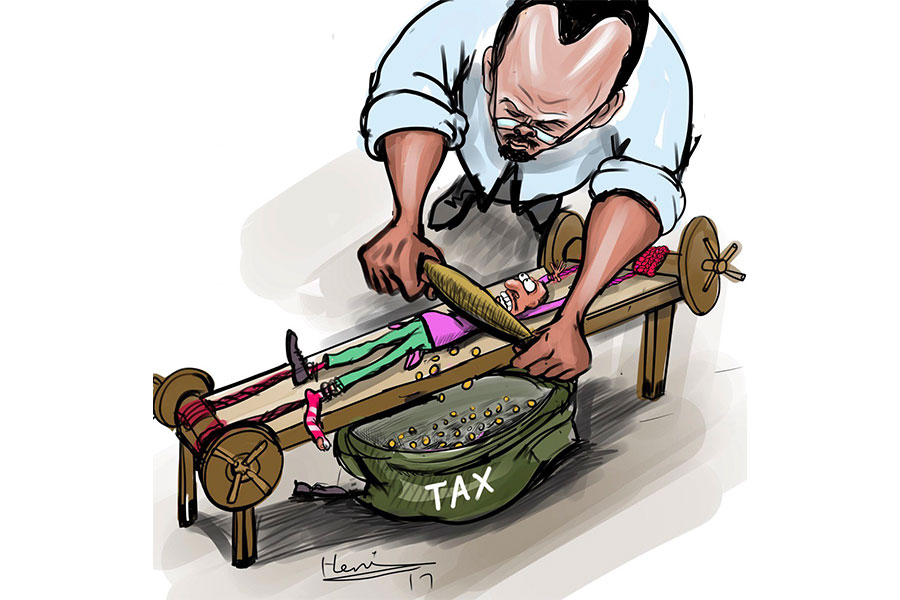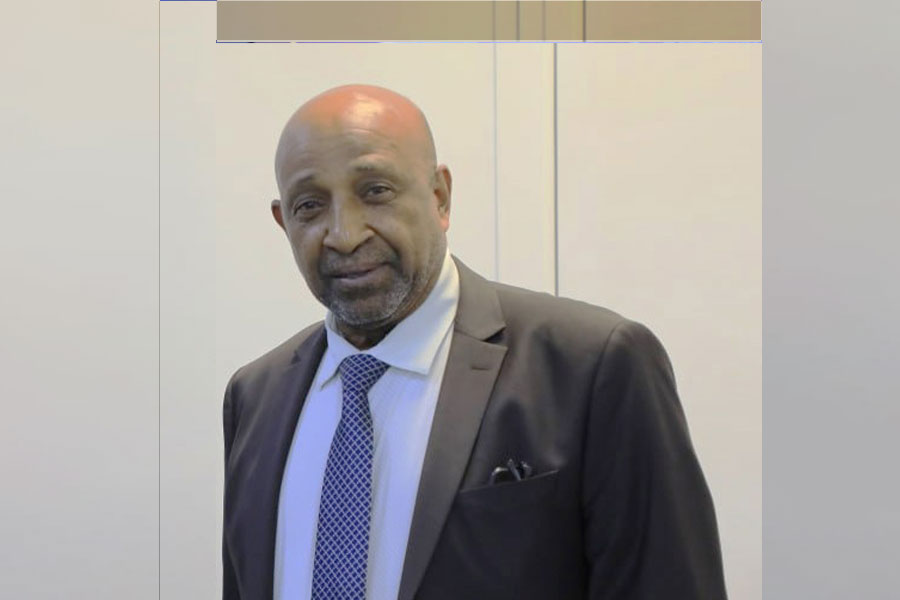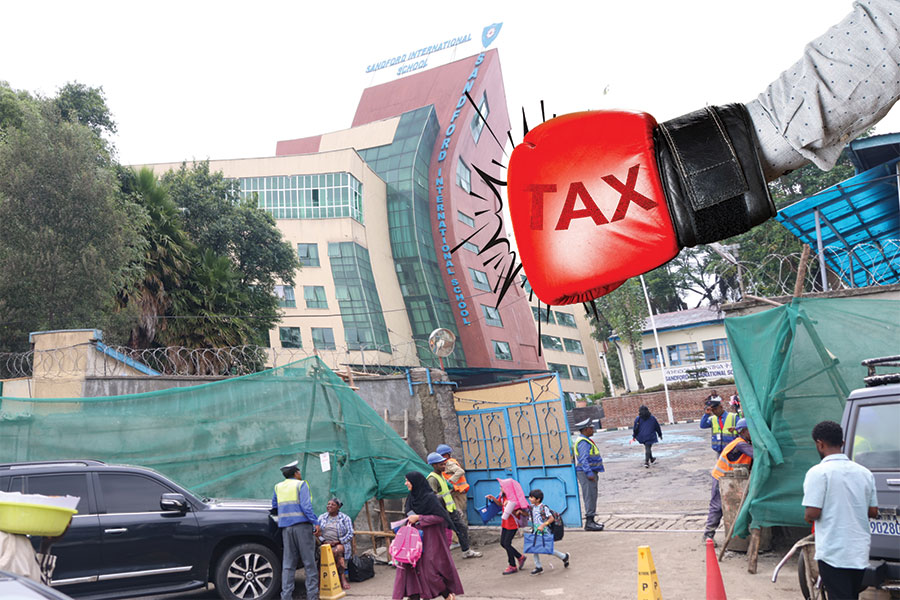
In the wake of a devastating two-year war, SUR Construction Plc, one of Ethiopia’s premier contracting firms, is turning its gaze inward. As its executives grapple with significant losses, including the decimation of approximately 85pc of its machinery through looting, damages, and unfulfilled contracts, the company seeks clarity and, potentially, compensation. The key to this next chapter is a thorough valuation of its assets and business portfolio.
In a deal they signed two weeks ago, Sur Construction executives have enlisted the expertise of Industrial Projects Services (IPS), a state-run consultancy firm. An integral sub-entity of the Industrial Parks Development Corporation (IPDC), IPS has been invited by SUR to take on this significant undertaking.
SUR Construction was first incorporated in January 1992, with 100 million Br initial capital registered under five shareholders, all TPLF central committee members at the time. The company was restructured in August 1995, after the founding shareholders transferred 96pc of the shares to EFFORT, and the remaining to Berhan Building Construction, Messebo Building Materials Production, Meskerem Investment and Arkebe Oqubay, the latter serving as a board chairman early on.
Sur Construction has grown exponentially over the years. As a grade one contractor, it boasts a portfolio brimming with projects worth over nine billion Birr - from road construction to hydropower projects. The company’s vast footprint is evident across Tigray and Amhara regional states, as well as the capital Addis Abeba, where it is headquartered on Africa Avenue (Bole Road).
However, it has not been smooth sailing for SUR in recent years.
Before reaching out for the valuation, it languished under the oversight of Commercial Nominees Plc, a custodian by a court ruling that reportedly took a heavy financial toll. It is one of the 26 companies of 31 subsidiaries under EFFORT to win a court battle to regain its management autonomy.
“It was really huge step for the company,” said Zinfu Asfaw, SUR’s managing director. “It feels right to regain our autonomy, finally.”
The valuation’s purpose extends beyond determining the company’s present state.
As Fitsum Ketema, chief of staff at the IPDC, noted, it is about reconciling SUR’s pre-war reputation against its post-war predicament. The valuation is expected to incorporate a slew of variables - from inflation to the economic recession, from heightened risk to tangible war-inflicted damages. According to the executives, such a comprehensive approach is crucial for determining appropriate compensation. IPS has over four decades of experience consulting over 600 projects in agriculture, manufacturing, construction, transportation, and textiles.
“We are looking for some clarity,” Zinfu told Fortune. “It’ll help us evaluate investments in monetary terms.”
Valuations such as the scope Sur Construction managers demand is more than numbers. Experts in the industry refer to guidelines from the International Valuation Standards Council (IVSC) to provide methodologies to determine asset and company value, proving invaluable across various compensation jurisdictions. As Ethiopia seeks to rebuild structurally and economically, such evaluations will play a critical role.
Abebe Dinku (Prof), a respected civil engineer lecturing at Addis Abeba University, strongly advocates for embracing international valuation standards and methodologies, particularly in light of the gaps in local expertise. To him, and many like him, it is not just about numbers or financial figures but ensuring that these evaluations meet the benchmarks of independence, consistency, and professional rigour. Only then can financial compensation decisions indeed be deemed fair and justifiable.
Yet, challenges loom.
Behailu Kebede, business development manager at IPS, acknowledged the uphill battle of sourcing and meticulously compiling data. For him, the success of such an endeavour hinges on collaboration.
“We’re ultimately looking to understand the extent of the losses to the company,” said Behailu. “It all comes down to the availability of data and sufficient substantiation.”
His words highlight the deal between IPS and SUR Construction, each playing a role in navigating this complex task. Despite the promise that IPS brings with its four decades of experience and prior work for enterprises under the umbrella of the Endowment Fund for the Rehabilitation of Tigray (EFFORT), broader systemic issues are at play.
Abebe emphasised a significant gap in the industry - a dearth of specialisation in property valuation. This vacuum, coupled with the absence of certifying institutions, casts a shadow of scepticism over the reliability of local property valuations.
“It’s a very challenging job to undertake,” he said. “The precise methodology is crucial.”
Such evaluations are more than just financial exercises for a country reeling from the implications of a prolonged war. They are crucial for company owners to pursue compensation claims, becoming touchstones of trust and reliability in an uncertain environment. Abebe believes achieving a threshold of 90pc accuracy in these valuations is paramount.
PUBLISHED ON
Sep 23,2023 [ VOL
24 , NO
1221]

My Opinion | Aug 30,2025

Viewpoints | Dec 31,2022

Viewpoints | Dec 15,2024

Editorial | Apr 09,2023

Editorial | Jul 19,2025

Radar | Jul 27,2019

View From Arada | Sep 27,2025


Viewpoints | Dec 11,2020

Commentaries | Aug 03,2025

Dec 22 , 2024 . By TIZITA SHEWAFERAW
Charged with transforming colossal state-owned enterprises into modern and competitiv...

Aug 18 , 2024 . By AKSAH ITALO
Although predictable Yonas Zerihun's job in the ride-hailing service is not immune to...

Jul 28 , 2024 . By TIZITA SHEWAFERAW
Unhabitual, perhaps too many, Samuel Gebreyohannes, 38, used to occasionally enjoy a couple of beers at breakfast. However, he recently swit...

Jul 13 , 2024 . By AKSAH ITALO
Investors who rely on tractors, trucks, and field vehicles for commuting, transporting commodities, and f...

Nov 1 , 2025
The National Bank of Ethiopia (NBE) issued a statement two weeks ago that appeared to...

Oct 25 , 2025
The regulatory machinery is on overdrive. In only two years, no fewer than 35 new pro...

Oct 18 , 2025
The political establishment, notably the ruling party and its top brass, has become p...

Oct 11 , 2025
Ladislas Farago, a roving Associated Press (AP) correspondent, arrived in Ethiopia in...